|
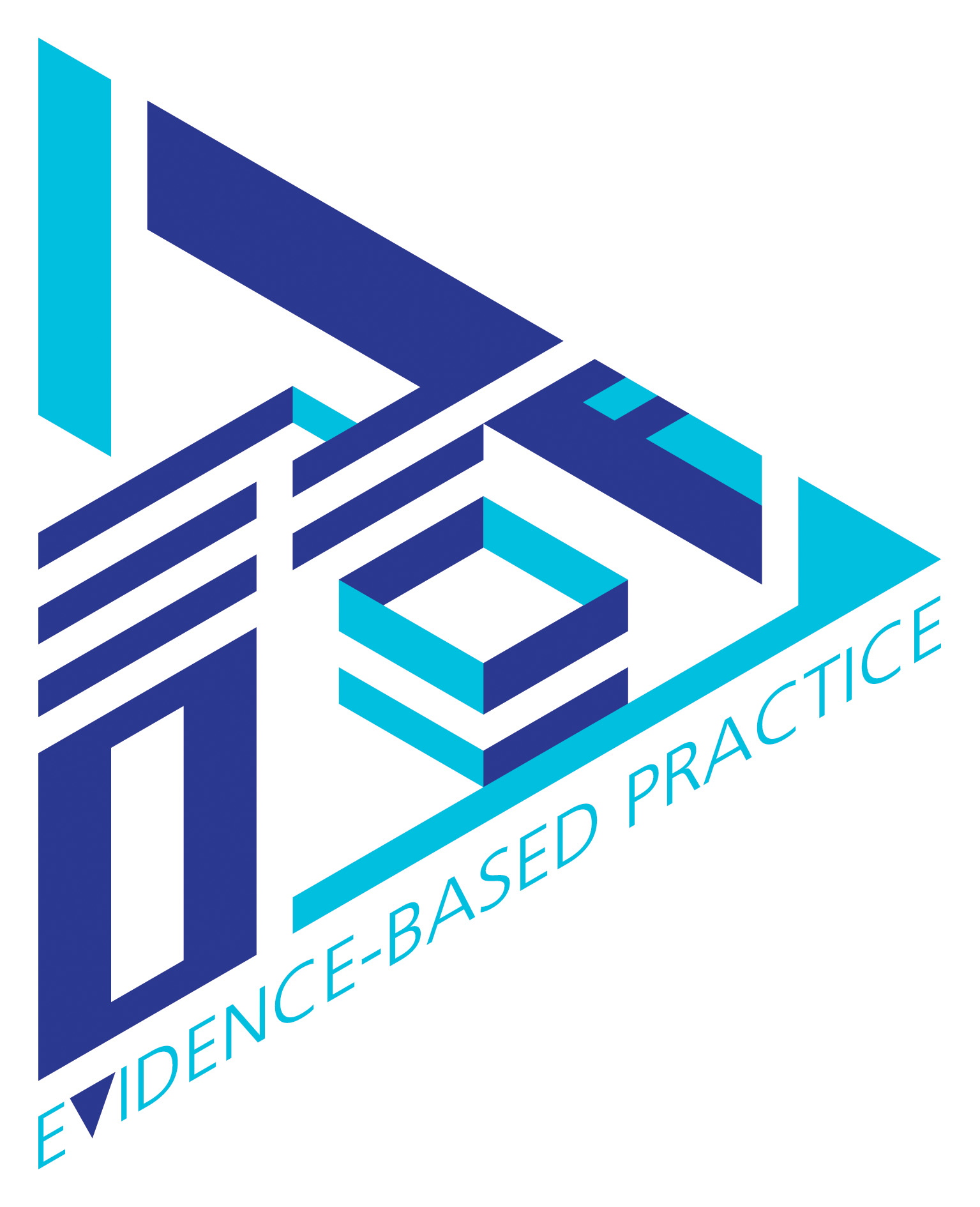 |
Social Service Evidence-based Practice Month 2011 |
| November 2011 |
|
| 只提供英文版本 |
Introduction | Workshop 1 | Workshop 2 | Workshop 3 | Trainers of Workshops | EBP Conferences
Introduction
Voices in support of Evidence-Based Practice (EBP) are not only from the funders and the general public but also from the sector. Attentions are drawn to how the impact of the works of NGOs can be demonstrated with evidence. To go beyond individual research projects on services and build a strong institutional foundation for EBP to take root becomes a challenge.
The Hong Kong Council of Social Service (the Council) is now organizing the first Social Service Evidence-based Practice (EBP) Month. With a series of conferences and workshops in November, the Council brings together the overseas and local experiences to give the participants insights of effecting deeper changes at different levels. In particular, we shall illustrate how social impact assessment (SIA) can show the influence of a particular project or organization to individual clients and the community, as well as the social impact it brings that leads to policy changes.
Workshop 1
Local Wisdom in Actualizing Evidence-based Practice in an NGO
社福機構循證為本實務工作坊:本土智慧分享
Objective
After this workshop, the participants will:
-
Have a better understanding of the Evidence-based Practice (EBP) in local NGO context
-
Have a better knowledge of how to promote EBP in their organization
-
Be able to develop their insights on bringing about institutional and cultural changes within their organization for EBP
Content
-
Sharing of senior management on leading evidence-based practice in Community Rehabilitation Network (CRN): recapitulation of how changes have taken place in CRN, drivers of EBP, challenges and tips in overcoming obstacles, impacts on the service development, feedback from stakeholders including fellow service partners and counterparts
-
Project Teams sharing on evidence-based practice including advocacy, patient self-management programmes, service model development, as well as advocacy and empowerment
-
Dialogue on organizational issues in actualizing EBP in NGO practice
Details
| Code: |
11B-EBPWS1 |
| Date: |
15 November 2011 (Tuesday) |
| Time: |
1400 – 1730 (3.5 hours) |
| Venue: |
Room 201, 2/F Duke of Windsor Social Service Building, 15 Hennessy Road, Wanchai, Hong Kong |
| Target Participants: |
NGO middle to senior management staff |
| Capacity: |
30 |
| Language: |
Cantonese (supplement with English) |
| Fees: |
$450 (HKCSS Agency Member Staff: $400; HKCSS Agency Member Staff enrolled on/before 25 October 2011: $360)
$320 each for participants enrolling 2 or more workshops. |
| Enquires: |
2876 2470 or [email protected] |
| Application Form: |
Download HERE |
Workshop 2
Learning to Learn: Developing an Evidence-Based Approach to NGO Practice – Views from Overseas Expert
社會福利機構發展循證為本實務:海外專家教路
Objective
After this workshop, the participants will be:
-
Able to identify their NGO’s relative strengths and weaknesses as a Learning NGO, and have a preliminary plan in place to develop at least one key area that will make a difference for their NGO
-
Alert to common barriers for institutional and cultural changes required for a Learning NGO, and have developed some preliminary strategies to overcome the most significant one(s) for their NGO
-
Aware of different ways of understanding what can be useful ‘evidence’, within the realistic constraints of an NGO context
-
Able to take these learnings and know how to apply them to their NGO to improve its capacity as a Learning Organization
Content
- Prior assessment of participant’s own organization:
- Prior to the workshop, participants will be provided with a web link to enable them to undertake a self-assessment of their own organizations readiness to be a learning organization
- Sharing on :
- The 8 key functions of a Learning NGO for EBP
- Barriers to Learning NGO & strategies to overcome
- What counts as evidence?
At the Workshop, armed with these insights, all the participants will be able to identify and collaboratively address a key area requiring further development for their NGO. A booklet of learnings generated by the workshop and other resource material will be provided to all participants.
Details
| Code: |
11B-EBPWS2 |
| Date: |
22 November 2011 (Tuesday) |
| Time: |
1400 – 1730 (3.5 hours) |
| Venue: |
Room 201, 2/F Duke of Windsor Social Service Building, 15 Hennessy Road, Wanchai, Hong Kong |
| Target Participants: |
NGO middle to senior management staff |
| Capacity: |
30 |
| Language: |
English |
| Fees: |
$450 (HKCSS Agency Member Staff: $400; HKCSS Agency Member Staff enrolled on/before 1 Novemebr 2011: $360)
$320 each for participants enrolling 2 or more workshops. |
| Enquires: |
2876 2470 or [email protected] |
| Application Form: |
Download HERE |
Workshop 3
How to Demonstrate the Impacts of Your Work
如何論證服務成效
Objective
Realising the impacts caused by a social intervention is gaining grounds and momentum. Systematic measurement on social impact can help to actualise the long term and diverse benefits a social service or a policy could bring about to the society; give a reflective understanding for the stakeholders; and an effective means of capacity building for the organizers.
Content
After this training, the participants will be able to evaluate their service and demonstrate their success through Social Impact Assessment (SIA) by:
- Getting a thorough idea on the concept of SIA
- Know different kinds of service evaluation and impact assessment approaches
- Understand the key evaluation concepts and terminology
- Identify suitable evaluation method for their services
- Learning about overseas practices on SIA and the possible application in Hong Kong
- Identify the suitable environment for conducting SIA
- Understand the differences and similarities between conducting SIA in Hong Kong and the overseas
- Equipping themselves with skills and knowledge on conducting SIA
- Able to identify and clarify the aims and objectives, and the possible outcome of their service
- Able to set relevant social impact indicators to assess service achievements and collect sound and relevant data
- Able to articulate the impact of their work to the public
Details
| Code: |
11B-EBPWS3 |
| Date: |
29 November 2011 (Tuesday) |
| Time: |
0900 – 1730 (7 hours) |
| Venue: |
Room 103, 1/F Duke of Windsor Social Service Building, 15 Hennessy Road, Wanchai, Hong Kong |
| Target Participants: |
NGO middle to senior management staff, frontline workers & researchers |
| Capacity: |
30 |
| Language: |
English |
| Fees: |
$450 (HKCSS Agency Member Staff: $400; HKCSS Agency Member Staff enrolled on/before 8 November 2011: $360)
$320 each for participants enrolling 2 or more workshops. |
| Enquires: |
2876 2470 or [email protected] |
| Application Form: |
Download HERE |
Trainers of Workshops
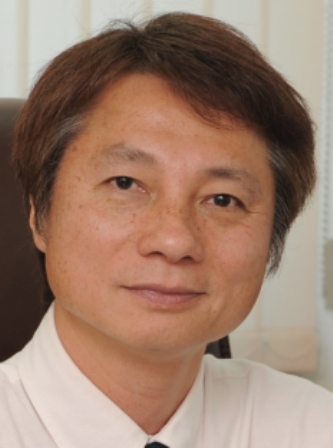 |
Mr Ng Hang Sau 伍杏修先生 (Workshop 1, 11B-WS1)
Chief Executive Officer
The Hong Kong Society for Rehabilitation
Mr Ng was awarded Master of Social Work Degree at the University of Hong Kong. He is a Registered Social Worker in Hong Kong. He is also the Honorary Tutor of the Department of Community Medicine of the Chinese University of Hong Kong. He has great contribution in leading the development of evidence-based practice in Community Rehabilitation Network since 1994 which is vital to the enhancement of the capacity of the organization. |
 |
Mr Peter Poon 潘經光先生 (Workshop 1, 11B-WS1)
Director (Rehabilitation)
The Hong Kong Society for Rehabilitation
Mr Poon, MBA (Public Service), is currently the Adjunct Associate Professor of the Hong Kong Polytechnic University Rehabilitation Sciences Department. Peter is the first certified T-trainers in the Asia-pacific region. He is also the pioneer in the development of the Chinese version Chronic Disease Self-management Program developed by the Stanford University. Over the past seventeen years, he has been focusing his professional career on the development of evidence-based community rehabilitation programs. |
 |
Ms Anchor Hung 熊德鳳女士 (Workshop 1, 11B-WS1)
Manager
The Hong Kong Society for Rehabilitation
Ms Hung was awarded the Master Degree of Public Health at the Li Ka Shing Medical School of the University of Hong Kong. With the support from senior management, she is engaging in a number of evidence-based projects. Currently, she is a member of the Clinical and Research Ethics Committee of New Territories West Cluster, Hospital Authority. She was awarded as Young Researcher by the Hong Kong Society for Quality of Life in 2010. |
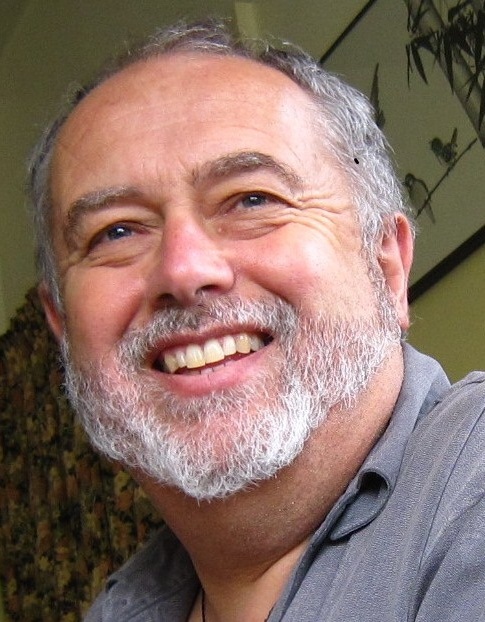 |
Mr Garth Nowland-Foreman (Workshop 2, 11B-EBPWS2)
Director
Community Solutions
Mr Garth specialises in working with non-profits and funders on strategy, governance and evaluation – in New Zealand, Australia and the Pacific. Having widely published in the areas of NGO funding and accountability, Garth also teaches part-time in a graduate programme on not-for-profit management for Unitec NZ. He chaired the landmark 4-year collaborative Study of the Non Profit Sector in New Zealand and is currently co-chair of the national Tangata Whenua, Community & Voluntary Sector Research Centre. |
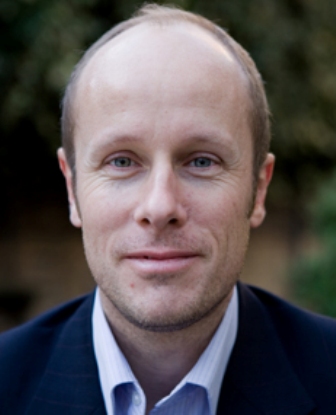 |
Mr Michael Weatherhead (Workshop 3, 11B-WS3)
Managing Director
nef consulting
Mr Weatherhead joined the nef in 2008 as product manager on development and deployment of nef’s socio-economic measurement services and tools, including Social Return on Investment (SROI), well-being@work and the Developer’s Socio-economic Framework.
Being an economist by training and has worked for a number of economic consultancies, Michael has both delivered, and managed the delivery of nef consulting’s services across a range of private, public and third sector organisations, including regeneration, employment, health and housing sectors. Michael is an accredited SROI practitioner and is a deliverer of nef consulting’s SROI training. |
 |
Dr Raees Baig 碧樺依女士 (Workshop 3, 11B-WS3)
Manager
Centre for Social Impact
The Hong Kong Council of Social Service
After obtaining her PhD from the University of Hong Kong on social policy, Raees has joint the HKCSS and focuses on the development and promotion of social impact assessment within the social service sector in Hong Kong. Raees has involved in both the framework building and delivery of social impact assessment across a range of services and organizations, including children and youth, women, ethnic minorities, and refugees and asylum seekers. |
| Organizer: |
 |
| Supporting Units: |
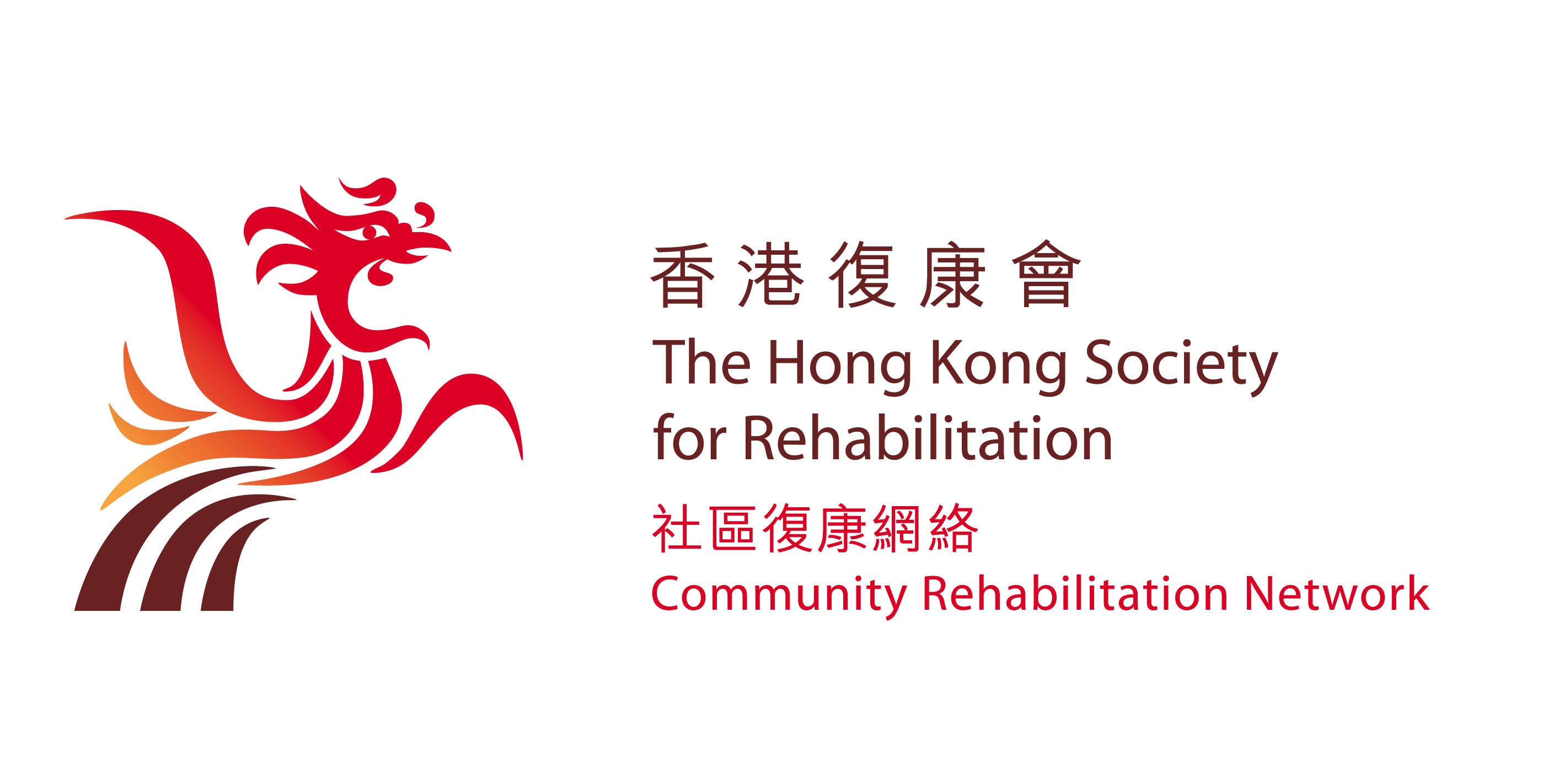 |
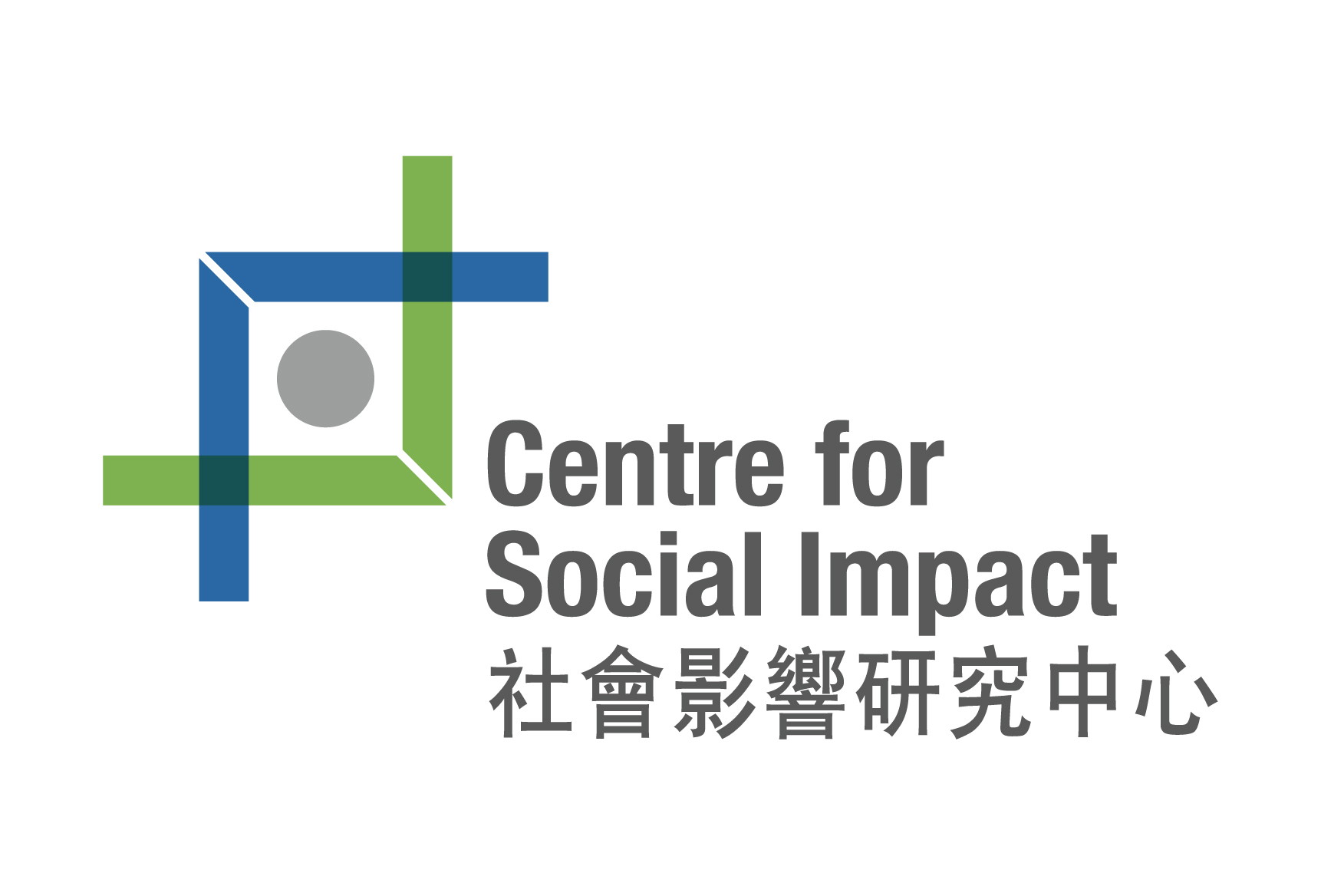 |
TOP
| 下載報名須知及表格 |
 |
地圖 |
 |
查詢:HKCSS Institute
 2876 2470 / 2876 2470 /  2876 2485 2876 2485
電郵: [email protected]
|
|
